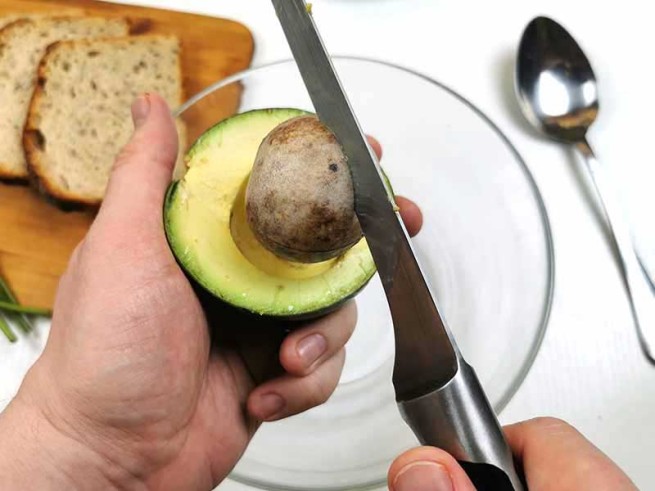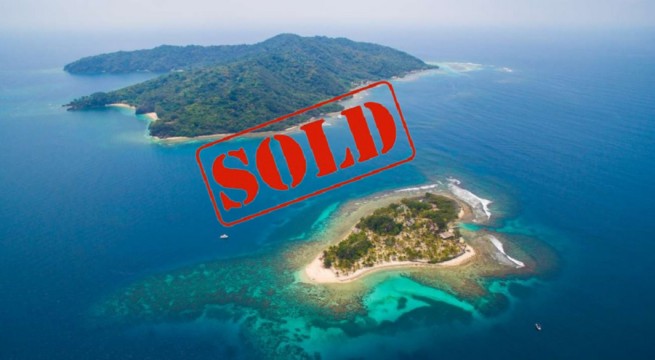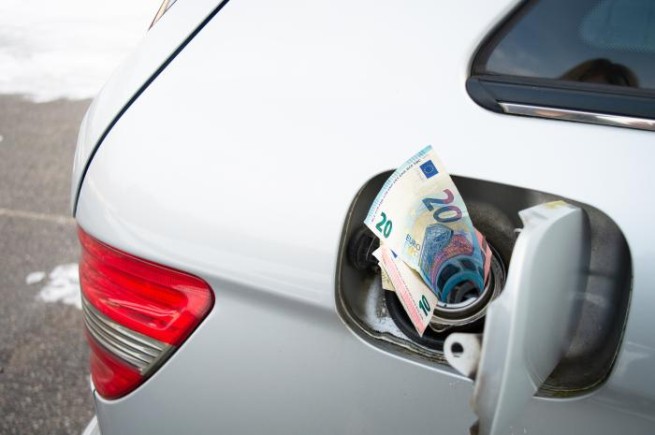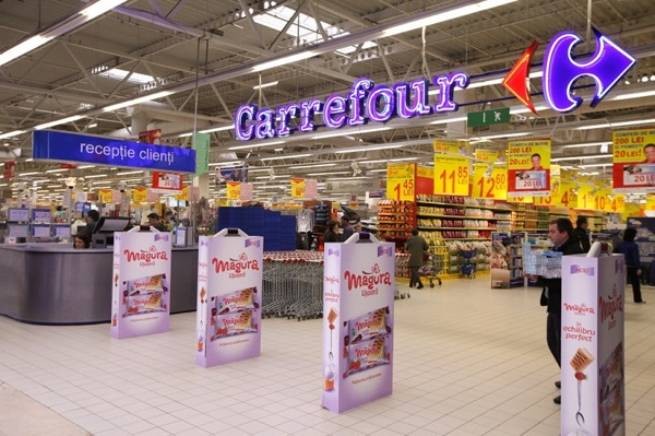“The volume of this product has decreased, but the price set by our supplier has increased,” such warnings appeared in the French supermarkets of the Carrefour and Intermarché chains.
Thus, buyers are warned about “shrinkflation”* – a manufacturer reducing the volume of product packaging while maintaining the same price. Such companies include PepsiCo, Nestle and Unilever.
For example, PepsiCo’s peach-flavored Lipton Ice Tea was previously sold in 1.5-liter bottles. Now the capacity has decreased to 1.25 liters, thus increasing the cost of 1 liter of drink by 40%.
Carrefour also accuses Nestle and Unilever, as well as the Swiss chocolate manufacturer Lindt, of “shrinkflation” by placing signs near their products warning customers in all of its stores.
At the same time, the reaction to such actions is ambiguous. Some critics accuse Carrefour of hypocrisy, recalling that the chain itself periodically uses a “shrinkflation” strategy in relation to its brand products. Others warn that such actions could damage relationships between suppliers and retailers.
Bruno Le Maire, France’s economy minister, called shrinkflation a “scandalous fraud.” According to him, the department is now preparing a bill that will oblige manufacturers to “very clearly” indicate the changed volume on similar packaging.
* Shrinkflation is a manufacturer’s reduction in the quantity, volume or weight of a product in a package while maintaining or disproportionately reducing the selling price. By reducing the volume or weight of goods, moving from prices by weight to prices by volume, manufacturers create an imaginary appearance among buyers of a low price for the product.







More Stories
Real estate: investment interest in private islands in Greece
Eurostat: what goods and services do Greeks purchase online?
Optimistic forecasts for the Greek economy